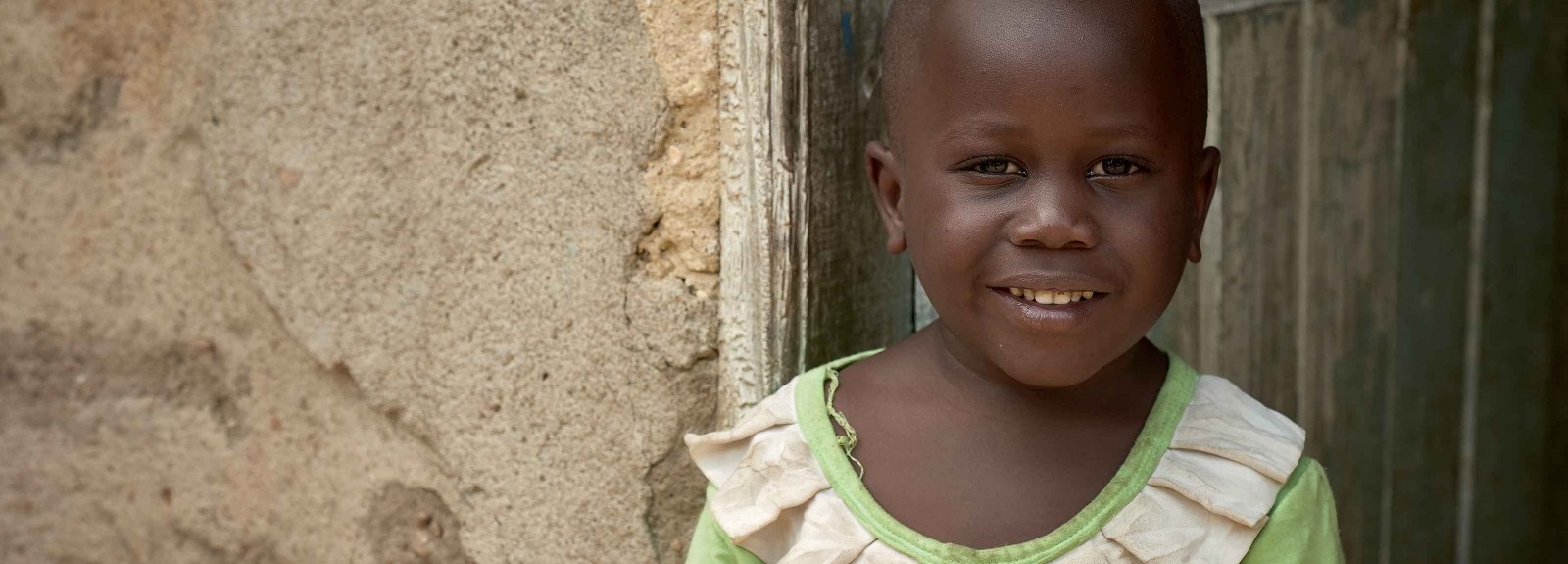Her name is Christivie Mulonda. Already at age 5 she has an infectious smile and engaging eyes that make it hard to look anywhere else.
She is also an Ebola survivor—orphaned by the disease when it claimed four other family members in her home, including her mother.
Christivie’s mother and her aunt lived in their home near Beni, Democratic Republic of Congo. This city of a quarter of a million people was once the center of the latest Ebola outbreak. To stay ahead of the disease, the Office of U.S. Foreign Disaster Assistance funds IMA World Health to engage its network of local, faith-based organizations to enhance Ebola response capacity at local health facilities and active surveillance (contact tracing) in local communities instilling and encouraging clinical and public health practices to thwart the spread of this deadly virus.
It was one of the contact tracing groups that identified Ebola in Christivie’s home. Her mother and aunt thought they and two of their children were suffering from malaria, and that the illness would pass.
As a pair of contact tracers rounded a bend in a red-clay road and approached Christivie’s front door, they were able to identify quickly something was wrong. People were sick with the symptoms of Ebola: abdominal pain and fever. The tracers – who work in pairs – quickly called for help.
By protocol, a Ministry of Health ambulance carried the family to a stabilization center where they might receive treatment. Unfortunately, the care came too late to save Christivie’s mother, aunt, a cousin and an older sibling.
Yet the work of the contact tracers, the Ministry of Health and other World Health Organization partners was swift enough to save Christivie and two of her siblings.
An uncle and an aunt have come to Beni from Goma to care for the remaining family members. They say Christivie doesn’t understand where her mother or other family has gone. And while her smile is ever-present, the terror of the disease remains every day.
“Even other family members didn’t come to the funerals we had for them,” says Christivie’s uncle, Maurice Kwambiilina Tshibonere. “We feel abandoned.”
Tshibonere says people steer clear from their small home because it became known in the community that the family had suffered with Ebola. He worries about how the family will be able to return to Goma, and care for what is now a combined 10 children.
The stress of worry is apparent on his face. Then Christivie comes over to climb into his lap, her smile and big eyes looking up at him, bringing a smile of his own. If a coordinated international response helped to save his niece – and more than 1,000 others in the region – what else might be possible?


